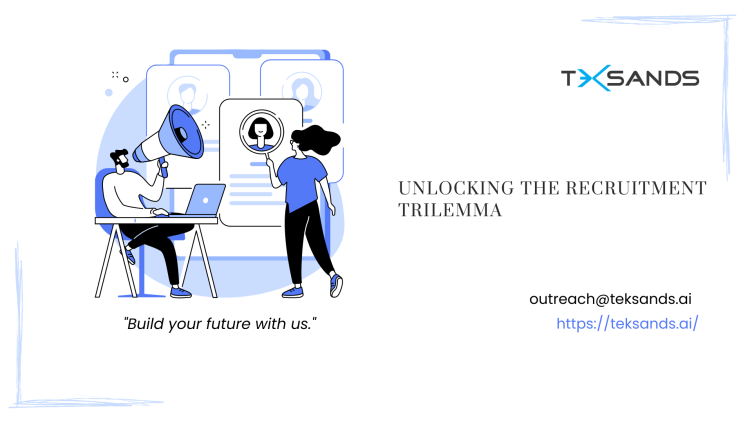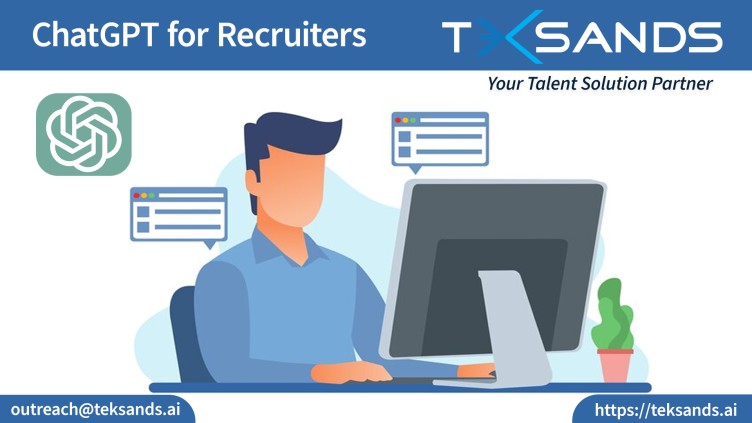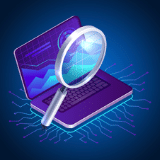
How to prepare for a Product Company Software Engineer Interview?

Course Lessons
| S.No | Lesson Title |
|---|---|
| 1 | Introduction |
| 2 | DSA Areas to prepare on: |
| 3 | System Design and Architectural concepts: |
| 4 | Language, Framework, and Tools in your target skills area |
| 5 | Conclusion |
Introduction
Getting into a top product company is a dream for most Software Engineers and rightly so.However, as coveted as these positions are, they are exponentially difficult. But of course, it is not impossible to be successful in this dream. What is the secret then - 1) a focused preparation plan and 2) lots of hard work to execute that plan. In this article, we will talk to you about the kind of plan you have to create and what areas you have to focus on. The insights of this article are compiled from the experiences of several successful candidates.
There are three key areas you have to prepare on:
- Data Structures and Algorithm (DSA) Development
- System Design and Architecture Concepts
- Language, Frame work, and Tools in your target skills area
Developing yourself in the above areas is not an easy undertaking and will be fairly time-consuming. Set yourself a target of 6 months or more to get prepared. Expecting to be prepared before that kind of time-frame would be difficult. Unless you are absolutely confident with your preparation, it is advisable not to attempt.
DSA Areas to prepare on:
DSA is a very comprehensive area to master. There are many different types of data structures and lots of different algorithmic questions that you may face in the interviews. You need to cover as many as possible in your preparation. It should include understanding the concepts and solving numerous problems. Extensive practice is key to success. Some of the DSA areas that you should consider are:
| Linked List | Trees | Stacks | Queses |
| Heaps | Various Types of Search Alogrithms | Various types of Sort Algorithms | Hashing |
| Bit Manupulation | Dynamic Programming | Divide and Conquer | Greedy Algorithm |
| Bruteforce | Backtracking | Randomised | Rabin-Karp |
Concept and Practice hand in hand will ensure you are absolutely comfortable with all the above aspects. Solve multiple coding problems in each area. Additionally, understand the real-world applications of each of the above applications. Only theoretical knowledge is not enough.
System Design and Architectural concepts:
You will need to understand the various components of a complex system and how they are joined up at an Architectural Level. Some of the System Design Concepts you need to master on are below:
| Netwok Protocols and Proxies | RDBMS | Unstructured Database |
| Latency, Throughput, Availability | Load Balancing | Cluster Leader Election |
| Caching | Sharing | Polling, SSE, Websockets |
Understand the whole process from requirements gathering for a System, building the System Architecture, Putting together a High-Level Design, translating to Low-Level Design, building architecture diagrams, and so on.
One other item that is very important is to study the Architecture of various complex products or Systems of prominent companies. Here are some of them:
| Netflix Architecture | Amazon Ecommerce Architecture | Uber Architecture |
| Youtube Architecture | TikTok Architecture | Web Crawler Architecture |
The above examples will give you a fairly good idea about Architectural aspects and components and how they contribute to various requirements such as latency, security, alerting, data integrity and so on.
Some other Architectural Patterns are important:
| Layered Pattern | Client-Server | Master-Slave |
| Pipe-Filter | Broker Pattern | Peer-to-peer |
| Event-Bus | Model-View-Controller (MVC) | Pub-Sub |
| Interpreter Pattern | Microservices | Service Oriented |
Good understanding of building Microservices, Containerisation, REST API, SOAP, and other modern patterns are important.
Language, Framework, and Tools in your target skills area
The above sections talk about building foundations in Software Engineering. However, to implement the concepts you learn above, you need to master the skills and tools. Here comes the question of choosing the direction you want to take. Some career directions available to you and it will determine which Technology stack you will focus on:
1. Web Application Development: You may choose stacks such as Java, Angular (MEAN), and React (MERN). There are quite a few choices but stick to one stack for learning.
2. Cloud and DevOps: Focus on one Cloud area such as AWS, GCP, or AZURE. Learn cloud fundamentals, cloud architectures, platforms available in the cloud, Cloud DevOps tools and how they augment the software engineering process, other DevOps Tools, Containerisation, Microservices deployment, etc.
3. Data Science: Focus on Python, R Language, Statistics, ML Algorithms and Libraries like Scikit-Learn, Deep Learning concepts, Libraries like Tensorflow, Pytorch, Keras, etc. Additionally, you can also look for Corporate Bootcamp programmes.
Basic Web-based Application Skills are important for most roles - for that you need to learn Skills like HTML, CSS, Bootstrap, and JavaScript. JavaScript is a very important skill as other than Web UI, most Web Frameworks like Angular, and React are JavaScript (TypeScript) based.
Plan out your preparation journey, work hard, and extensive practice is key. Good Luck to you!!










